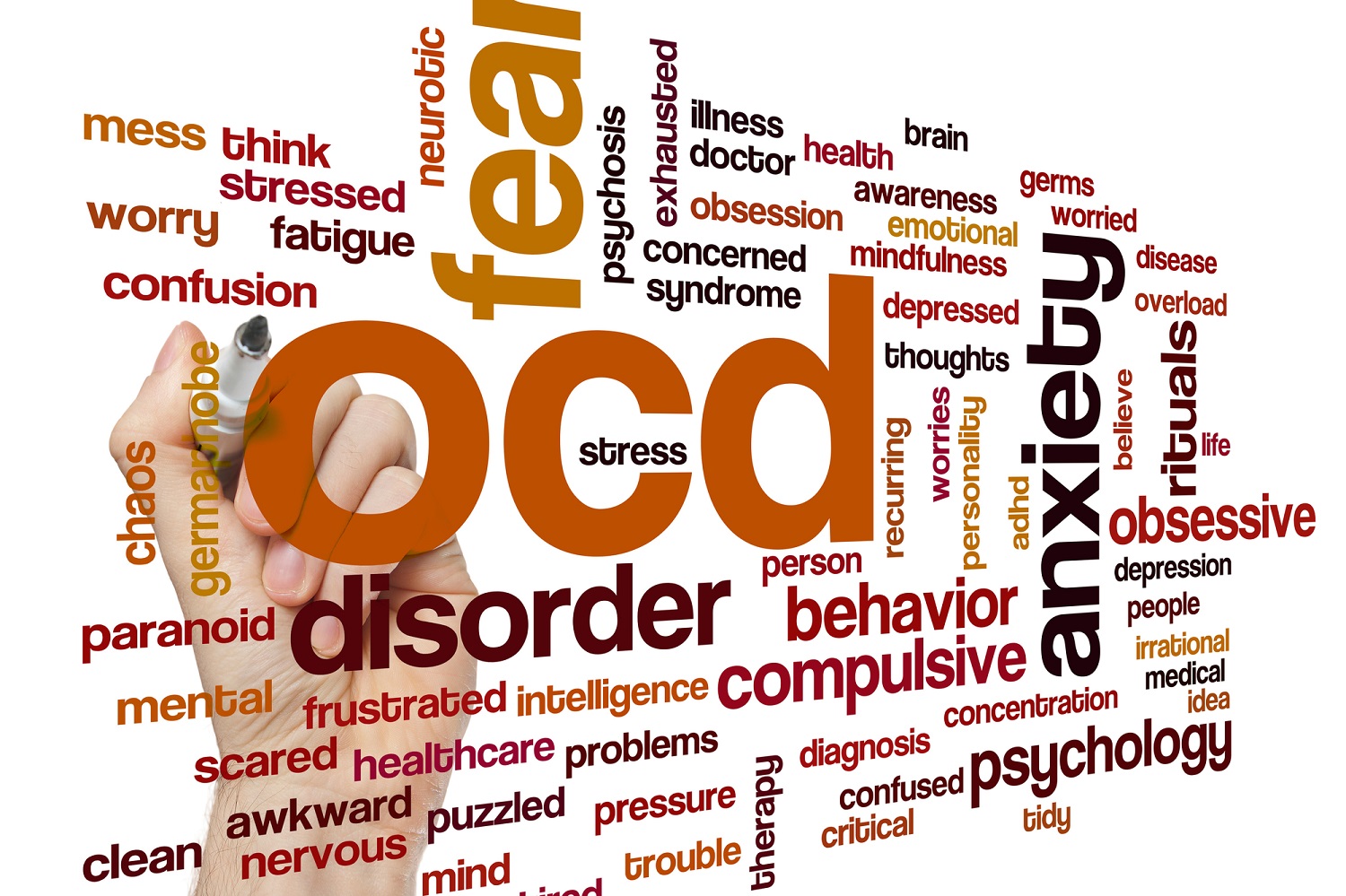Obsessive-compulsive disorder and obsessive-compulsive personality disorder share similar names, but they are two completely distinct conditions. You might be familiar with OCD — and if not, we’ve discussed some of the most common misconceptions about OCD before. OCD is characterized by intrusive thoughts, or obsessions, that compel an individual to engage in specific behaviors, or compulsions, to relieve anxiety. In contrast, OCPD is characterized by perfectionism, excessive attention to detail, and a strong desire to have control over a situation. Individuals with OCPD do not actually experience obsessions and compulsions. The two disorders have differing symptoms, diagnoses, and treatments.
What is OCPD?
Obsessive-compulsive personality disorder is defined by strict control, orderliness, and perfectionism. A person with OCPD is likely to try to stay in charge of even the smallest details of their life, usually at the expense of their openness to new experiences and flexibility.
Contrary to what you might think, OCPD is not a type of obsessive-compulsive disorder; OCPD is a personality disorder. This means the individual has problematic personality traits that are long-term, atypical, and stable throughout their life. Individuals with OCPD may find it difficult to relate to others, and their strict devotion to control and perfectionism can make daily functioning a challenge. The symptoms of OCPD include:
– Strict adherence to rules in a rigid, inflexible way
– Desire to control relationships with others
– Extreme dedication to work
– Strong need for perfection, even in small details
– Difficulty empathizing with others or maintaining intimate relationships
– Acting restricted or restrained with emotions
– Difficulty giving things to others
– Issues with self-direction or self-identity
– Difficulty giving up control or delegating tasks
Diagnosing OCPD
Given these symptoms, OCPD may initially seem similar to an anal personality type. While some of the traits are similar, such as orderliness and perfectionism, simply having some quirks in one’s personality does not constitute a personality disorder. Typically, a personality disorder diagnosis is given when the personality traits significantly hinder one’s ability to function in important life areas like school or work, maintain relationships, or interact with others. According to the DSM-5, in order to be diagnosed with OCPD, an individual must exhibit a persistent pattern of preoccupation with order, control, and perfectionism that is accompanied by at least four of the following symptoms:
– Inability to be generous to others
– Inability to delegate tasks
– Over-conscientiousness
– Excessive devotion to work at the expense of friends or family
– Extreme need for perfection and relentless control over environment and interpersonal relationships
– Inability to get rid of worthless or worn-out items (even those without sentimental value)
– Preoccupation with lists, rules, details, and order, which can result in missing the major objective of an activity
– Inflexibility and rigidity with regards to morals, ethics, values, and/or adherence to rules
Additional signs of OCPD can include avoidance of intimacy, getting mentally ‘stuck’ on an idea, and reduced emotional expression. Individuals with OCPD typically struggle to maintain interpersonal relationships, especially romantic relationships. They may have difficulty empathizing with others, showing affection, and may be described as aloof or cold.
Differences with OCD
The most important difference between OCPD and OCD is that individuals with OCPD do not experience obsessions and compulsions. Personality traits are not driven by uncontrollable, irrational thoughts and overwhelming compulsions. Individuals with OCD often feel distressed by their thoughts and behaviors, and compulsions are typically carried out to reduce anxiety. In contrast, people with OCPD usually believe that their actions have an aim and purpose.
Individuals with OCPD are much less likely to seek professional help than those with OCD. In many situations, the traits of OCPD can be related to success. Those who are excessively dedicated to their job and conscientious of every detail may be very successful in their work life, even if they are struggling in other areas.
Another major difference between these two disorders is the consistency of symptoms. OCD symptoms tend to fluctuate in response to the underlying level of anxiety. Compulsive behaviors and other symptoms may be less severe when they are experiencing less anxiety or fewer intrusive thoughts. In contrast, OCPD is defined by persistent and unchanging personality traits over time. The symptoms of OCPD do not fluctuate and are typically present in every area of a person’s life.
Treatment for OCPD
More research into specific treatments for OCPD is required, however, treatment plans for personality disorders typically begin with psychotherapy. For OCPD, therapy options usually include CBT and psychodynamic therapy. Psychodynamic therapy helps the individual understand their conscious and unconscious thoughts and emotions to help them make healthier choices. In some cases, medication is prescribed as a complementary treatment. This is often the case when the individual is experiencing another condition such as anxiety or depression.





















